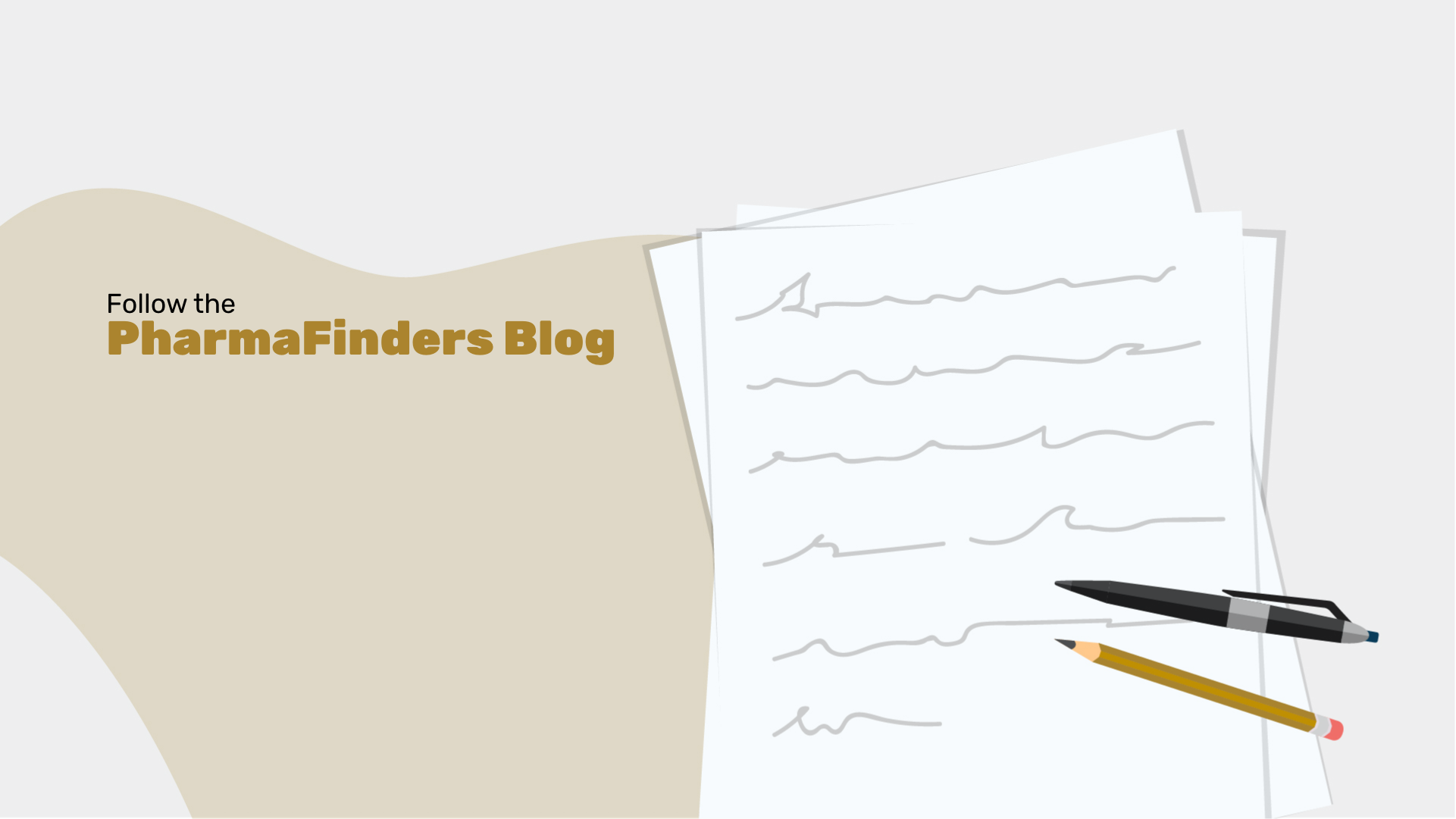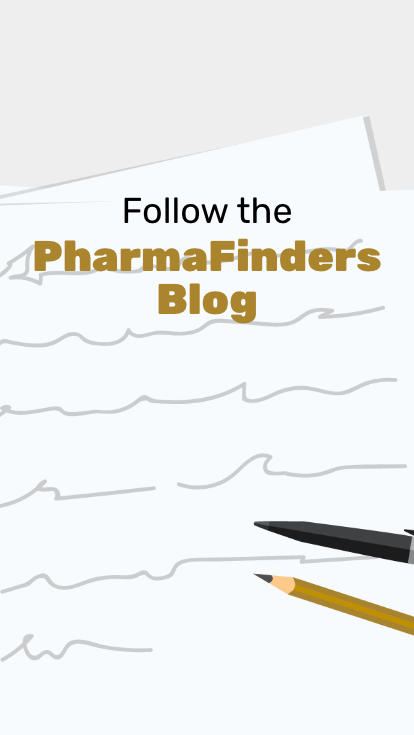How is social media helping, or hurting within medical affairs?
In part 2 of our social media series, we are focusing on TikTok. We will dive into the pros and cons of this platform, and what TikTok’s place is within medical affairs. In our last blog, we focused on ChatGPT, you can find that here. In the third, and final part to our series, we’ll be focusing on X (formerly Twitter).
TikTok:
There is currently an uptick of Digital Medical Liaisons and my questions for those folks are always geared towards social media. Specifically, about their involvement in TikTok and if it has a place in medical affairs.
Everyone has experienced TikTok to some degree. Whether you just scroll out of boredom, go to search for reviews or advice, or a friend just sends you a funny clip. We’ve all seen and understand the basis of the platform. So, what does this mean for medical affairs?
A large part of the TikTok community is real people sharing their real experiences. This can span from trying on clothes, sampling a new cosmetic product, to a patients experience with taking different prescriptions, or different viewpoints from someone having a specific disease or ailment.
A great example of this, is patients documenting different stages of using GLP-1 medications. If you look on TikTok, you’ll find hundreds, if not thousands of people documenting their experiences using these products. They’ll also discuss the pros, cons, side effects, frequently asked questions from viewers, etc.
This is where issues can come up. Many people trust hearing info from real people and hearing real experiences. The unfortunate truth is, many people just don’t trust information coming directly from a pharma or biotech company, but they’ll trust the unbiased information they get from a stranger on TikTok.
Let’s talk about bridging that gap! Do companies consider hiring a spokesperson for their product to share on social media? Do companies bring educators to TikTok to provide more accurate information? There’s no perfect answer as of now, which is why we would love to hear your thoughts on the topic!
The pros of TikTok are people get to see more people like them. They get real-time, relatable information. It also allows them to connect with people that have the same disorder or are taking the same drugs as them. They have a place where they feel comfortable asking questions, and someone gives them a candid answer.
The cons of TikTok are that a lot this information is inaccurate, so misinformation is being spread. Treatments or diseases vary by the individual, so there’s no one right answer. This could create even more mistrust with pharma companies. This platform is also potentially being banned, or may have security risks to what is posted.
We’d love to hear how you, or your company view these platforms as it pertains to medical affairs, and what your team is doing to help share accurate information. Feel free to share your thoughts in the comments!
-Ashley


